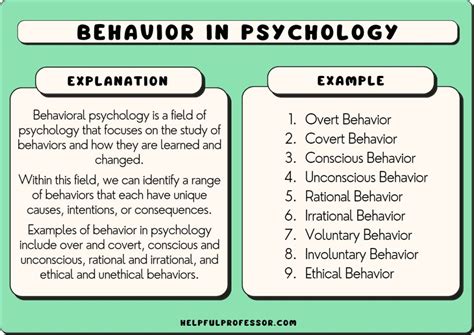Positive psychology is a rapidly growing field that focuses on the study of human strengths and well-being. It is based on the belief that people have the potential to live happy, fulfilling lives, and that counselors can play a vital role in helping them achieve this.

There are a number of positive psychology interventions that counselors can use to help their clients. These interventions can be used to help people increase their happiness, resilience, and well-being.
One of the most important things that counselors can do is to help their clients identify their strengths. This can be done through a variety of exercises, such as asking clients to list their accomplishments, or to talk about their positive qualities. Once clients have identified their strengths, they can begin to use them to achieve their goals.
Counselors can also help their clients to develop positive coping mechanisms. This can be done by teaching clients how to manage their stress, how to deal with difficult emotions, and how to build resilience. When clients have positive coping mechanisms, they are better able to handle the challenges that life throws their way.
In addition to helping clients to identify their strengths and develop positive coping mechanisms, counselors can also help them to set realistic goals. This is important because when clients set goals that are too ambitious, they are more likely to become discouraged and give up. Counselors can help clients to set goals that are challenging but achievable, and that are aligned with their values and interests.
Positive psychology is a powerful tool that counselors can use to help their clients live happier, more fulfilling lives. By helping clients to identify their strengths, develop positive coping mechanisms, and set realistic goals, counselors can help them to achieve their full potential.
- To help clients increase their happiness: Counselors can teach clients how to practice gratitude, savor positive experiences, and build relationships.
- To help clients increase their resilience: Counselors can teach clients how to cope with stress, manage difficult emotions, and build resilience.
- To help clients achieve their goals: Counselors can help clients to identify their strengths, set realistic goals, and develop a plan for achieving them.
There is a growing body of research that supports the benefits of positive psychology. For example, one study found that people who practice gratitude are more likely to be happy and have higher levels of well-being. Another study found that people who have strong social connections are more likely to be resilient and have better mental health.
Positive psychology is a valuable tool that counselors can use to help their clients live happier, more fulfilling lives. By helping clients to identify their strengths, develop positive coping mechanisms, and set realistic goals, counselors can help them to achieve their full potential.
If you are interested in learning more about positive psychology and how it can benefit you, talk to your counselor. Counselors can help you to:
- Identify your strengths
- Develop positive coping mechanisms
- Set realistic goals
- Live a happier, more fulfilling life
- The Positive Psychology Center
- The International Positive Psychology Association
- The Greater Good Science Center
Table 1: Benefits of Positive Psychology
| Benefit | Description |
|---|---|
| Increased happiness | People who practice gratitude are more likely to be happy and have higher levels of well-being. |
| Increased resilience | People who have strong social connections are more likely to be resilient and have better mental health. |
| Improved goal achievement | People who are able to identify their strengths and set realistic goals are more likely to achieve their goals. |
Table 2: Positive Psychology Interventions
| Intervention | Description |
|---|---|
| Gratitude | Practicing gratitude can help to increase happiness and well-being. |
| Social connection | Building strong social connections can help to increase resilience and improve mental health. |
| Positive coping mechanisms | Developing positive coping mechanisms can help to manage stress and difficult emotions. |
| Goal setting | Setting realistic goals can help to increase motivation and achievement. |
Table 3: How Counselors Can Help You Apply Positive Psychology
| Step | Description |
|---|---|
| Identify your strengths | Counselors can help you to identify your strengths and use them to achieve your goals. |
| Develop positive coping mechanisms | Counselors can teach you how to manage stress, cope with difficult emotions, and build resilience. |
| Set realistic goals | Counselors can help you to set realistic goals that are aligned with your values and interests. |
| Live a happier, more fulfilling life | By helping you to identify your strengths, develop positive coping mechanisms, and set realistic goals, counselors can help you to live a happier, more fulfilling life. |
Table 4: Additional Resources
| Resource | Description |
|---|---|
| The Positive Psychology Center | A website that provides information about positive psychology research and resources. |
| The International Positive Psychology Association | An organization that promotes the study and application of positive psychology. |
| The Greater Good Science Center | A center that conducts research on the science of happiness, gratitude, and compassion. |
